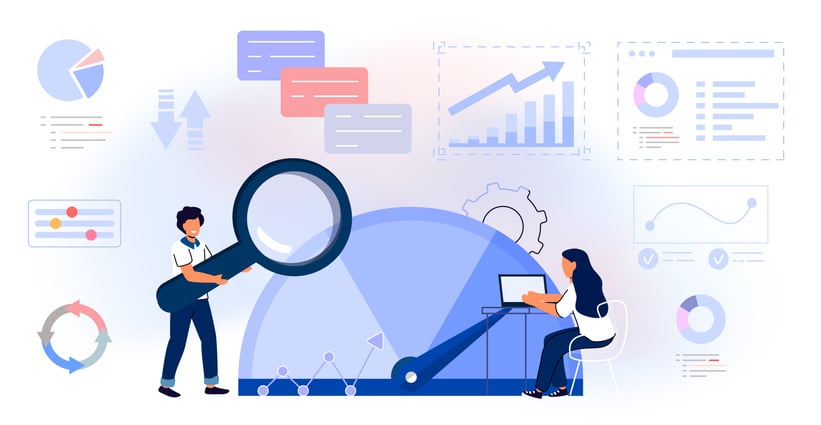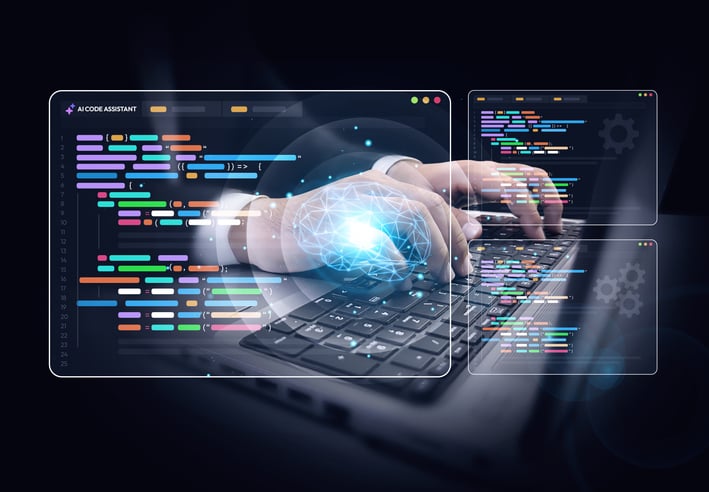One of the elements that differentiate humans from the rest of the animal world lies in their constant effort to improve their living conditions. Since the discovery of fire, humans have worked to produce more or better.
The concept of "better" naturally differs according to cultures and beliefs. It encompasses practical, moral, ethical, or even spiritual aspects.
Thus, in antiquity, the use of animals, machines, or even slaves had the primary purpose of improving agricultural yields, the quality and output of manufacturing, or simply allowing certain categories of the population to live better. In the collective imagination, it was only from the end of the Middle Ages, when it would have allowed the replacement of slavery (or serfdom), that this mechanization would have had a social and societal impact. Yet, we still marvel at ancient constructions. Persepolis, the Pyramids, the Forum, the Parthenon, or closer to us, the Pont du Gard. We now know that ancient civilizations could not have spread so much without bringing and disseminating technical progress. The most notable ones concern transportation and energy. The former thanks to roads and navigation. The latter thanks to water mills.
Since antiquity, humanity has thus worked to make certain activities less tiring. First and foremost, this concerns physical tasks: animals for plowing and transporting, the steam engine, the loom, means of transportation, or robots that have replaced many workers in factories. Nevertheless, would we achieve this as well without delegating some of our decisions? The shepherd's dog ensures that the flock does not scatter. The autopilot handles a large part of the journeys. ABS and ESP take control of our car brakes.
How do we qualify an animal or a machine to whom we delegate some of our decisions? This qualification is probably variable over time...
Let's take the example of the "pascaline", the first calculating machine presented by Pascal in 1645. Additions and subtractions were performed by displaying the numbers on dials before turning a crank. It was designed to simplify the task of his father, an accountant who had just been appointed intendant of Haute Normandie. It could be used as much by the learned as by those who cannot calculate.
He could not then imagine the feats that would be made possible by these modern calculating machines that are our phones, our GPS, or the computers that process our various taxes. What seems obvious to us today has only been so for a few years. In the 1970s, NASA called on geniuses to perform trajectory calculations as we are reminded by the movie "Hidden Figures". Today, they would easily be performed on a high school calculator.
It would seem absurd to us today to qualify a calculator as an intelligent system. Even talking about imitation of intelligence would seem exaggerated to us. Yet, how would we qualify an animal that masters addition and subtraction? The calculator is for us a simple object and intelligence comes only from its user. Mathematical operations that were only accessible to the most learned are now accessible to all, most of whom do not even know how these operations are done. The student of Special Mathematics no longer knows. He cannot calculate the square root of 5 without a calculator. These scholarly operations are now only successions of keys corresponding to mechanical operations of the mind. We place a division. We apply Euclid's algorithm. We continue until we have enough digits. It's mechanical. It was scholarly. It was necessary to know how to place the division. It was necessary to know Euclid's algorithm. It was necessary to know how to apply it. It is now useless. This knowledge of a few now allows the actions of all.
There is not today a use of what people call "Artificial Intelligence" that does not adhere to this principle: simplify usage to give the ignorant the abilities of the learned. Or at least to give the illusion of it. This is what is called "weak" artificial intelligence, and we can say that the pascaline is probably one of the oldest artificial intelligences there is. Nearly 400 years ago, it was the first machine to beat humans at the games of addition and subtraction.



